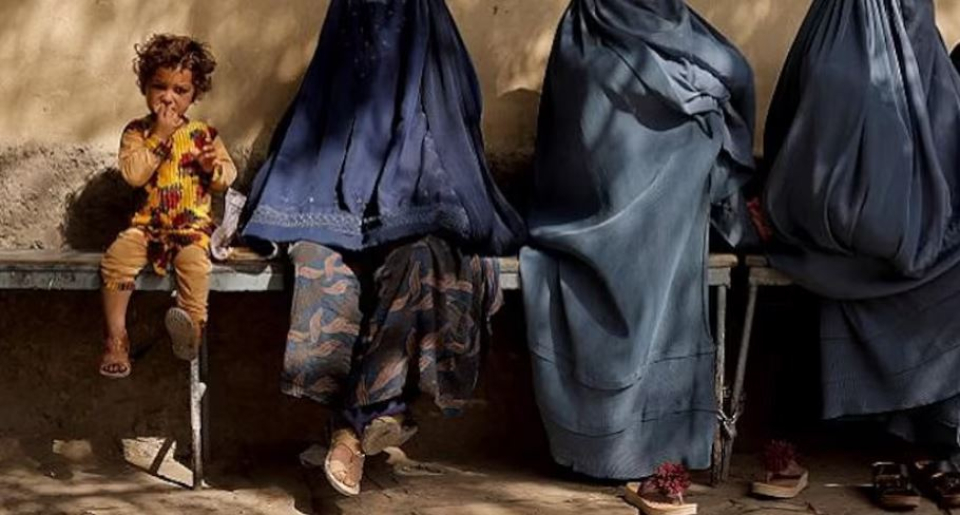In a recent statement, the US envoy for Afghan women and human rights, Rina Amiri, asserted that the Taliban's adherence to women's rights is crucial for its inclusion in the international community. During the 78th UN General Assembly, Amiri engaged in high-level discussions on Afghanistan's challenges, particularly those faced by women and girls, holding multiple meetings with officials from various countries. The officials delivered a resolute message that the Taliban's recognition in the international community hinges on their commitment to respecting Afghan and women's rights.
Amiri, while meeting representatives of Muslim-majority nations on the sidelines of the UNGA, highlighted a unanimous agreement among participants that the Taliban's oppressive policies, especially towards women and girls, are incompatible with global norms and detrimental to Afghanistan. The participants pledged to maintain international solidarity for Afghanistan, emphasizing the importance of diplomatic and concrete efforts to support Afghan women and girls.
Amiri underscored the need for the international community to communicate to the Taliban that engagement should lead to improvements, contingent on respecting people's rights. She advocated for the promotion of civic discourse, tolerance, and meaningful representation for women and civil society in Afghanistan.
Moreover, Amiri called for tangible support, including education, scholarships, and job opportunities, to counter the repressive actions of the Taliban. The resurgence of the Taliban in 2021 has significantly impacted Afghanistan's educational system, with girls being deprived of access to education, leading to the gradual replacement of schools and universities by seminaries or religious schools.
Since the Taliban's return to power, Afghan women have faced numerous challenges, including limited access to education, employment, and public spaces. According to a report by Care International, 80% of Afghan girls and young women of school-going age are currently denied access to education under the Taliban regime. The ban on girls' and women's education in Afghanistan has resulted in substantial economic consequences, estimated at around USD 5.4 billion, making Afghanistan the only country with such a prohibition.

















